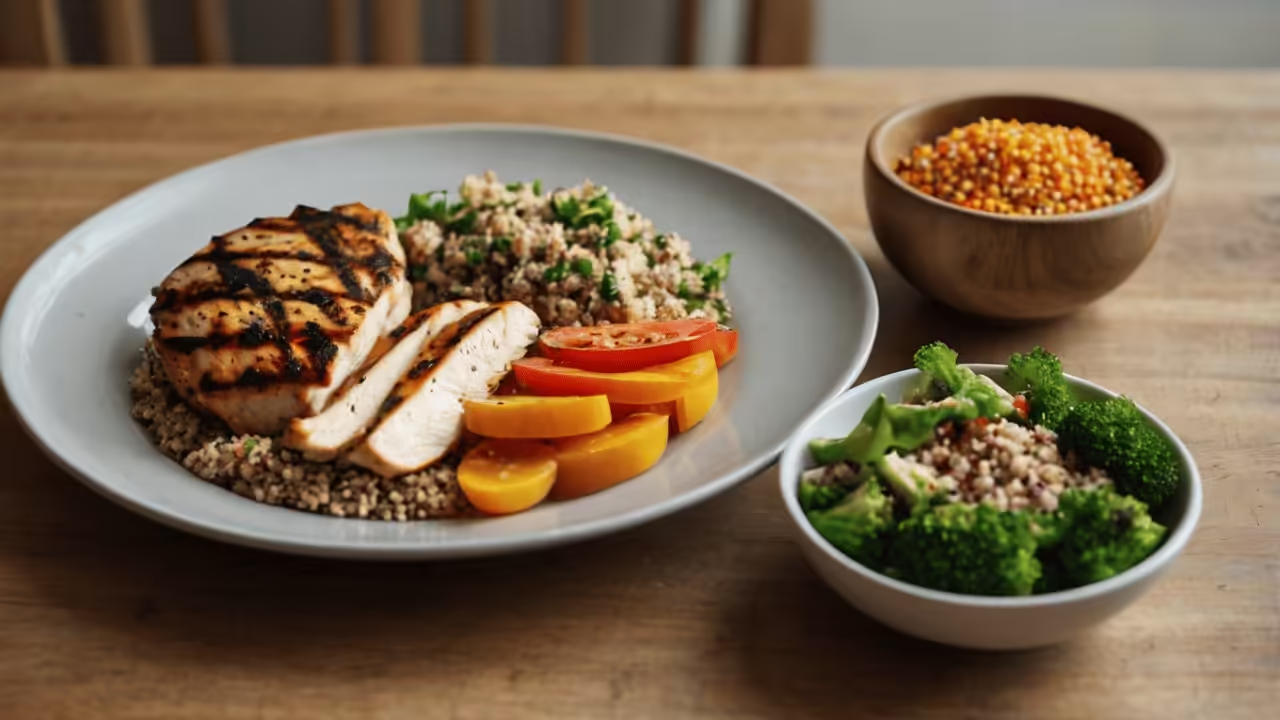Quick Weight Loss Diet Plans: Reach Your Objectives Sooner with Efficient Meal Plans
Quick Weight Loss Diet Plans: Reach Your Objectives Sooner with Efficient Meal Plans The Science of Weight Loss This can be understood as the primary principle of losing weight in that one has to burn out more calories than he takes in. The concept basically forms the basis of the calorie deficit which is most


